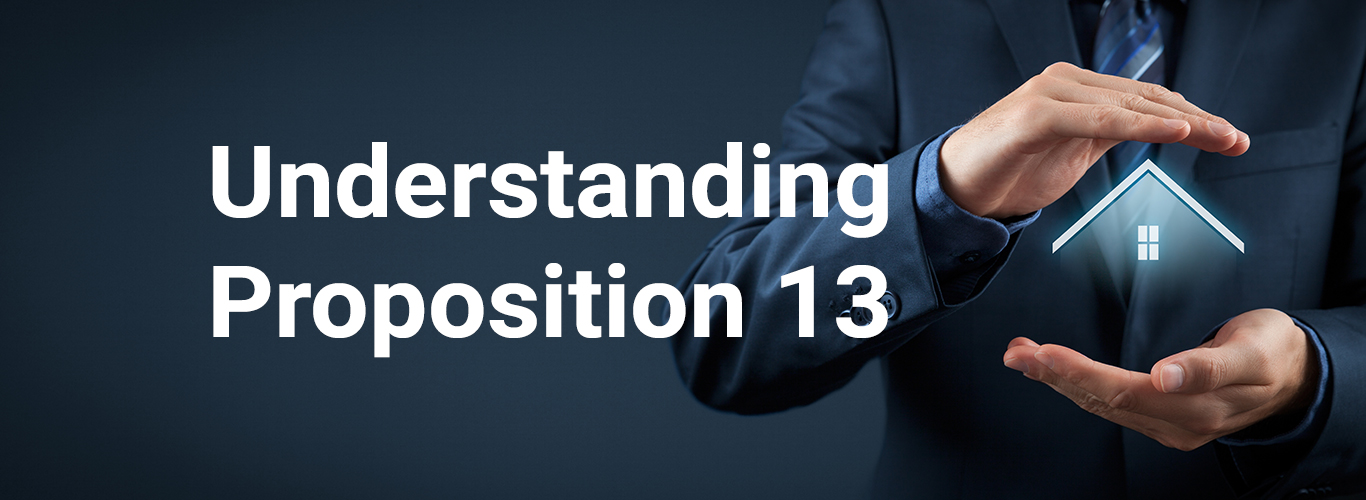Supplemental assessments and taxes are in addition to the annual assessments and property taxes which are generally prorated during escrow, so that the seller and buyer each pay the portion of taxes attributed to their period of ownership. However, the proration is based on the assessed value prior to the purchase transaction.
The supplemental assessment is based on the difference between the prior assessed value and the new assessed value. This value is multiplied by the tax rate and the resultant tax is prorated for the number of months remaining in the fiscal year from the date of acquisition by the new owner. The result is that between the regular tax bill prorated in escrow, and the supplemental tax bill, the new owner will pay property taxes based upon the value of the property as of their date of purchase.
Realtors typically provide prospective homeowners with an estimate of their taxes for future years by multiplying the purchase price by an estimated tax rate. However these estimates usually don’t reflect the new property owner’s responsibility for the supplemental assessment that will result from their purchase. The new supplemental estimator will help both realtors and prospective homeowners.



